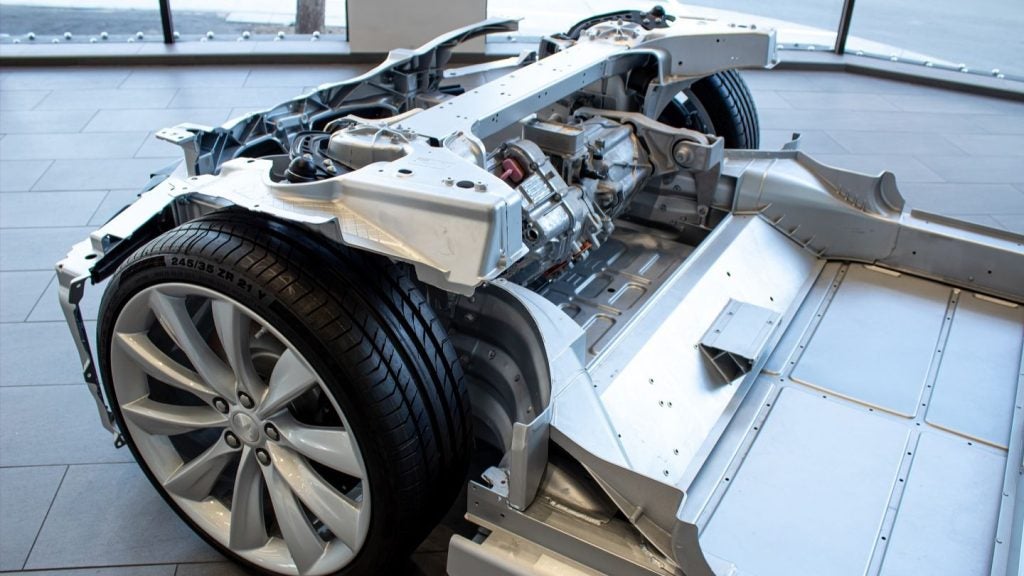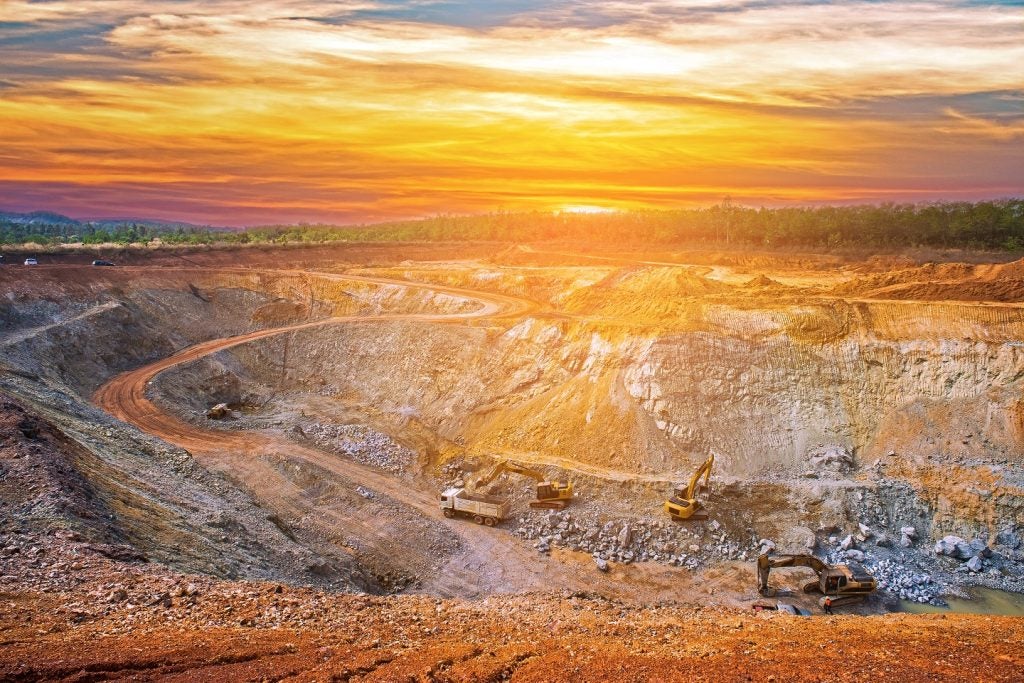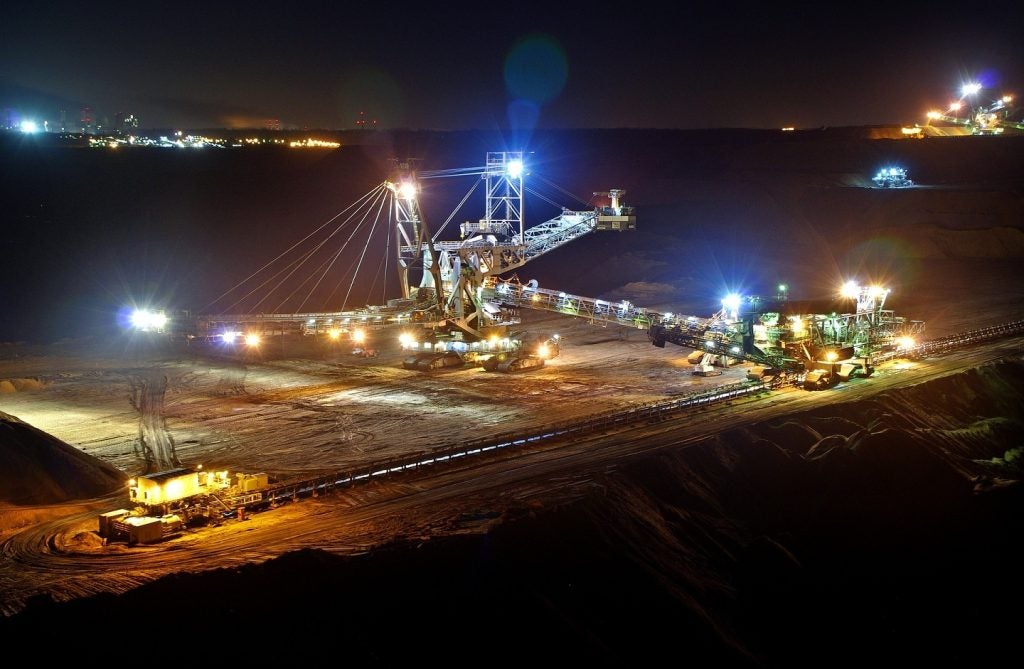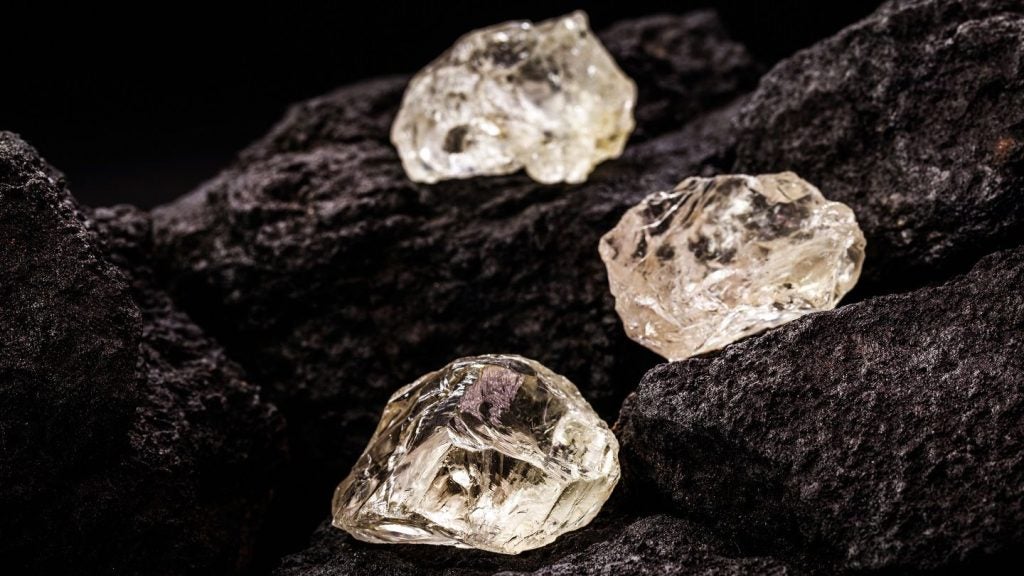The US and Saudi Arabia are discussing securing metals from African countries for the energy transition as the US looks to reduce China’s dominance in the electric vehicle (EV) supply chain, the Wall Street Journal (WSJ) reported on Sunday.
Saudi Arabia is looking to buy $15bn (SR56.25bn) worth of mining assets in African countries such as the Democratic Republic of Congo, Guinea and Namibia, boosting the US’ attempt to curb China’s role in the global race for cobalt, lithium and other metals processed into batteries used in electric cars, laptops and smartphones.
Although the leaders are still figuring out the details, if completed, the US-Saudi partnership would mark a big step for the two countries moving forward, despite strained relations between the Biden administration and the Gulf Kingdom.
The partnership would be part of Saudi Arabia’s plans for economic diversification efforts to build its own EV industry, to match its dominance in the global oil market. Some people with knowledge of the talks between the US and Saudi have said that the mining conversations are part of the larger initiative by the Group of Seven countries to invest in global infrastructure projects in developing countries, the WSJ reported.
Even at the G20 Leaders Summit in New Delhi, leaders from the US, Saudi, EU, France, Germany, India, Italy, Japan, Mauritius, the UAE, and the World Bank pushed for “collective urgency to make meaningful progress in narrowing the infrastructure gap in low and middle-income countries to enable inclusive and sustainable growth and promote economic activity and prosperity”.
Tension between the US and China
In July, GlobalData, the parent company of Mining Technology, reported that China would curb some critical minerals exports widely used in the semiconductor industry from August 2023 as the US considered restricting exports of artificial intelligence chips to China. In late June, the US Department of Commerce announced chip shipments will be halted from Micron, AMD, NVIDIA and other US chipmakers.
The new measure by China would require exporters to seek licences to ship gallium and germanium products, which are classified as critical minerals by the US Geological Survey (USGS).
China accounts for 98% of global raw gallium production and 67% of raw germanium production, as per the data by the USGS. According to a non-profit think tank, the Center for Strategic and International Studies, most of China’s output goes towards its domestic consumption and the country does not have a “monopoly on the global supply chain for these minerals”.
Due to ongoing retaliation from both countries, European companies were caught in a “China-US spat over the export of key chipmaking materials”, Mining Technology reported.
While more European companies are reworking supply chains and looking for alternative ways to procure raw materials, NVIDIA’s stock has gone up more than 220% this year, and the company expects almost a triple growth in September’s quarter.
According to the WSJ, Saudi Arabia is also interested in securing stakes instead of buying and operating the assets, which would make the country a “lucrative investor” for African countries.
















